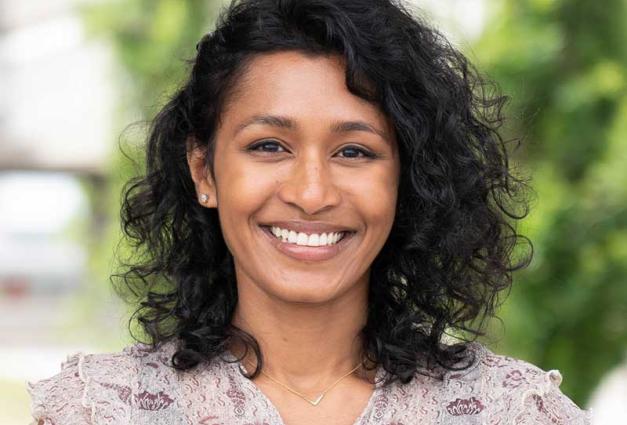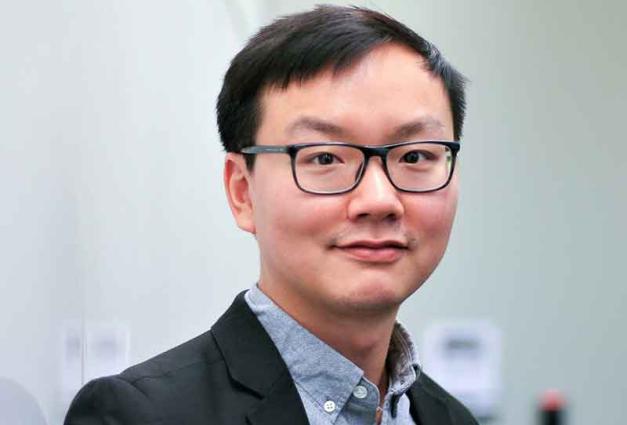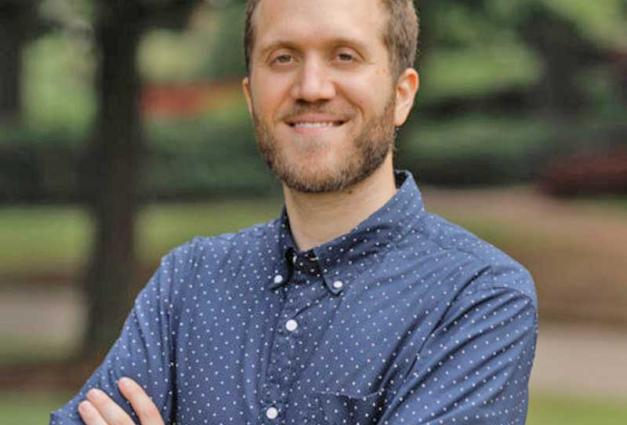Eli Finkel is a professor in the department of psychology and the Kellogg School of Management at Northwestern University. He is director of the Relationships and Motivation Lab (RAMLAB), which investigates topics like initial romantic attraction, the navigation of interpersonal conflict, and the influence of relationship partners on our goal achievement. He recieved his Ph.D. from the University of North Carolina at Chapel Hill in 2001, and has been a member of SPSP since 1997.
Why did you join SPSP?
I started grad school in 1997. Membership in SPSP was inexpensive, and it came with a subscription to PSPB (and, soon thereafter, PSPR), which made it a terrific value. In addition, the first-ever SPSP meeting was in 2000, and the advent of the annual conference was a massive boon to my career enjoyment. Before then, SESP was the major conference, but it was exclusive. There were lots of regional conferences, some of which were good. But nothing has ever been like SPSP—a spectacular and inclusive conference. I’ve been to all of the SPSP conferences to date, and I’m hoping I’ll attend all of them for decades to come.
What led you to choose a career in social psychology?
I had a strong intuition in high school that I wanted to be a professor. The life seemed amazing—asking new questions, developing innovative ways of answering them, and then teaching about the findings. (With the benefit of hindsight, I can say that it’s even better than I’d anticipated.) My only job as an undergraduate was to figure out what topic interested me the most. Upon taking Intro to Psych during my freshman year in 1994, I immediately declared my psychology major. Upon taking Social Psych during my junior year, I immediately decided to apply to social psychology doctoral programs. The decision was easy.
Briefly summarize your current research, and any future research interests you plan to pursue.
I have a lot of research interests. These days, I’m working on a my first book targeted to a popular audience, and the topic is marriage. It’s a highly interdisciplinary book that’s taking me on tours through sociology, economics, history, political science, philosophy, and other disciplines. I hope it all comes together in the end. I’ve also been working (with Grainne Fitzsimons and Michelle vanDellen) on a theoretical model of self-regulation, which suggests that the field’s insight into everyday goal setting and pursuit will benefit from reconceptualizing these processes as inherently embedded within social units (which suggests that the term “self-regulation” might be misleading).
What is your most memorable SPSP Annual Convention experience?
What happened in Vegas will have to stay in Vegas. Aside from that, I remember chairing a session at the second-ever SPSP conference, which was kind of thrilling. I think I was the youngest person to have done so at that point, so I felt like I was wearing fancy pants.
How has being a member of SPSP helped to advance your career?
I’ve met many people at the conferences who eventually became collaborators of mine. Perhaps more importantly, SPSP feels like home. I’m a member of a bunch of societies, but SPSP is the one that aligns most with my identity.
Do you have any advice for individuals who wish to pursue a career in social psychology?
Have fun. Work hard. Take intellectual risks.
Outside of psychology, how do you spend your free time?
My daughter is 5.5, and my son is 2.5. I spend 23 hours per week tossing them in the air. I love running, and I’m a cinephile.




